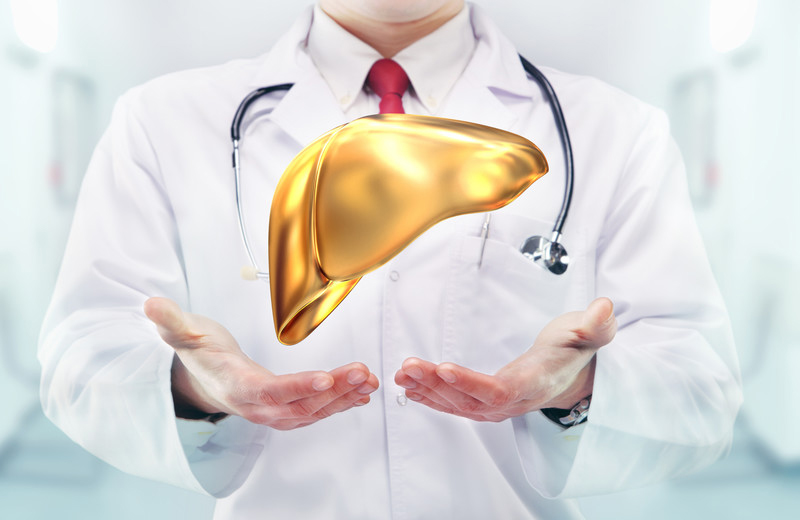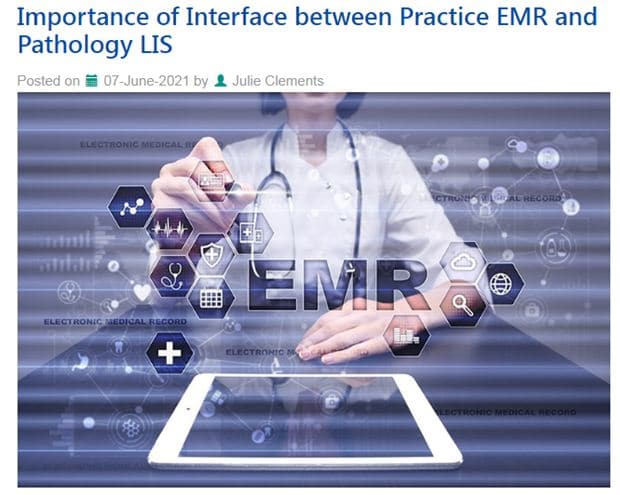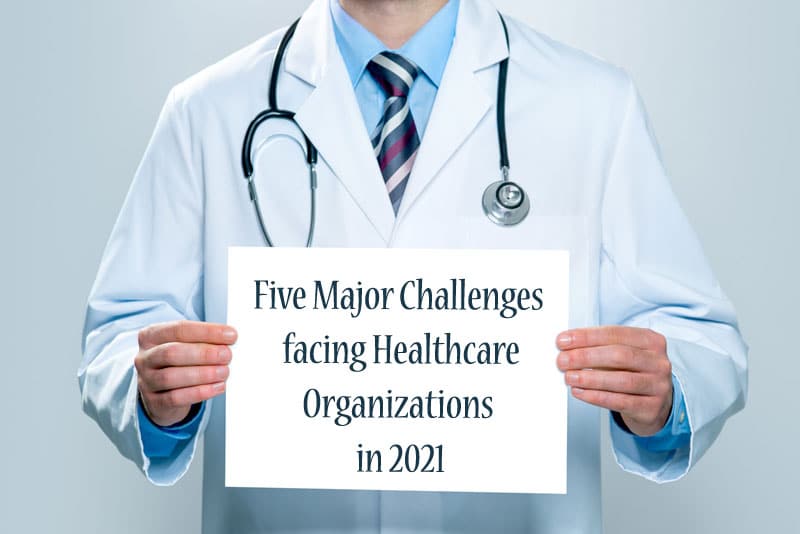The widespread adoption of modern technology such as electronic health records (EHRs) has greatly enhanced a physician’s ability to deliver better care and enhance practice efficiency. Outsourcing medical transcription to a technologically advanced service provider helps physicians maintain EHR documentation integrity.

Face to face conversations are the best way to deliver health care. However, the reality is that many remote patients are unable to get the care they need because they cannot travel to the city to see their specialist. Recent research has found that technology can come to their rescue. Michigan Health Lab recently reported ona study published in Hepatology which found that video conferencing with specialists can help primary care providers (PCPs) enhance care delivery for remote patients with liver disease. The study found that providing PCPs with virtual access to specialists boosted survival rates by 54 percent.
According to the Centers for Disease Control and Prevention (CDC), liver diseases such as hepatitis C, nonalcoholic fatty liver disease and liver cancer are on the rise. Experts predict that the number of people diagnosed with liver disease will double by 2025, resulting in 25million Americans suffering from chronic liver disease.
The symptoms of liver conditions can vary and often depend on the extent of the damage to the liver. Symptoms can also fluctuate over the course of a week. As a result, people with liver disease require constant monitoring to adjust medications or manage complications. With the fluctuating course of complications, treatment of chronic liver disease requires a team of highly skilled and well-trained physicians.
All of these factors make liver disease management even more challenging for people who live in rural areas. Even when patients are able to see their PCP, issues could crop updue to several reasons:
- Frontline providers may have knowledge gaps in treating patients with liver disease.
- They may lack means of proper communication with the patient’s specialist.
- Time constraints can also affect quality of care.
According to the VHA Liver Telehealth Resource Guide, VHA patients with liver disease who live in rural areas do not get the care they need. The report notes that about 30% of VHA patients with HCV-associated liver disease reside in rural areas. These rural veterans tend to have a lower quality of life, higher prevalence of disease, higher hospital readmission rates, and diminished access to specialty, and other services as compared to their urban counterparts. Barriers to care include lack of specialists in rural areas, lack of transportation, and distance to major medical centers.
The Veterans Health Administration has implemented a program called Specialty Care Access Network-Extension of Community Healthcare Outcome (SCAN-ECHO). The VA Ann Arbor Healthcare System was one of the first organizations to utilize the SCAN-ECHO program for chronic liver disease.
Based on her own experience, University of Michigan gastroenterologist Grace L. Su, M.D. examined how the technology could be applied to reach more rural patients and their physicians. The study was based on 62,237 veteran patients with liver disease in Michigan, central Indiana and northwest Ohio between 2011 and 2015. The researchers noted that:
- Of the 62,237 veteran patients with liver disease, only 513 had a PCP who used a SCAN-ECHO consultation about their case.
- These consultations involved videoconferencing to link primary care providers and specialists.
- Individual patient cases were discussed at the virtual consultations, and treatment plans and recommendations were made in real time.
- Patients of PCPs who engaged in video consultations with liver disease specialists had a 54 percent higher survival rate than patients whose primary doctors did not participate in those exchanges.
Patients whose cases involved video consultations were more likely to be younger, live in rural areas, and have more severe liver disease, including evidence of cirrhosis. The team concluded that conducting consultations with specialists in liver or gastroenterology can help PCPs in routine monitoring as well as management of complex clinical problems in patients with chronic liver disease.
“It seems that primary care providers who participated in the SCAN-ECHO were more likely to follow the guidelines for cirrhosis and perform the screening for esophageal varicose veins and liver cancer in the patients who need it,” the lead author said.
US News recently reported that many experts see virtual visits as the future of medicine. The report describes how virtual visits can provide a positive experience for people with epilepsy by overcoming significant geographic and transportation barriers. Video conferencing allows patients to alleviate some of the stress of living with epilepsy and to also maintain their personal relationship with their physician. By seeing patients virtually, physicians can expand their services and provide consistent care for patients who live in remote areas.
Just as with face-to-face consultations, careful and comprehensive documentation should be made of the video consultations between the PCP and the specialists, including assessment and management plans. Capturing all this information can significantly change the course of the treatment. Gastroenterology transcription service providers can ensure accurate and concise documentation of these discussions. Experienced medical transcription companies follow best practices to provide error-free, timely EHR-integrated documentation.


